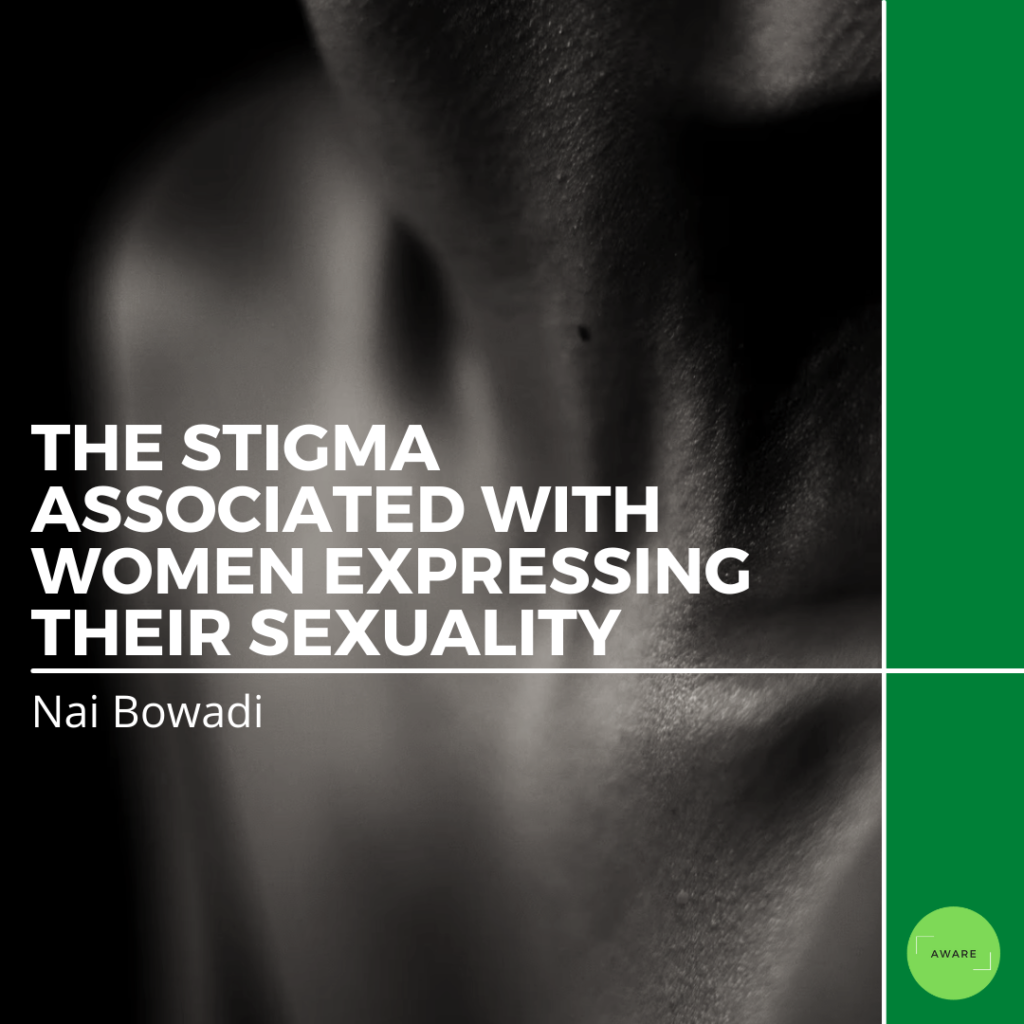Society has always tried to save women from their own sexuality, in the name of “protecting” them. Whether it from was parents, teachers, or any other authority figure, girls were always told to stay “pure” and “untouched”. Under the disguise of protecting them from men who want to “use” them, such figures would often shame sexually active women and try to police them on the way they are leading their lives.
The Big Shame
As we all know, especially in Middle Eastern communities, women are always being policed on how to act around men. However, men were never policed on how to act around women. If anything, they unfortunately were taught to treat women like they own them. For example, in most Arab households, women have curfews; they are forced to disclose who they are talking to and going out with; they are forbidden from wearing certain clothing; and, most importantly, they are forbidden from having male friends, let alone having boyfriends or sexual partners. On the other hand, Arab men mostly – with a few exceptions, of course – do not suffer from these rules. They go out whenever they want to and with whomever they want to. They never get questioned about their personal lives – at least not in a threatening way. Furthermore, they do not get policed on what they wear. These kinds of rules are especially dangerous around regions such as the Middle East because they lead to very serious consequences. If an Arab girl dares to not abide but these rules, she could possibly pay with her own life. Most recently, a 14-year-old Iraqi girl got killed by her own father just because she opened the house door for a stranger man whom she assumed was her brother. Such scenarios are known as honor killings and, unfortunately, they still shape many Arab communities.
Expressing Sexuality
Women who express their sexuality freely, without caring about what those around them are going to think or say of them, are deemed as “fallen women”. They are often associated with women who are not suitable for marriage or with women who are not capable of having a family and raising kids. Moreover, if such women come across sexual assault, they are more often than not blamed for the harassment that they suffer. Victim blaming becomes such an easy tool when a woman is freely sexually active or when she openly chooses to do whatever she wants with her body – including wearing clothes deemed as provocative. Unfortunately, many people use such women as “proof” that if you keep your sexuality hidden and your body hidden as a woman, then you are protecting yourself. It is important to note that sexual assault and rape have no correlation with what a woman is wearing or how a woman chooses to express herself. However, many communities and authority figures like to police and control women through making them believe that doing whatever they want with their bodies could harm them.
Lastly, it is important to acknowledge the fact that most women who get controlled by their own families or communities on how to act with their bodies and sexualities end up getting themselves into so much trouble. Because such women cannot express themselves freely and openly, they often find sneaky ways in order to do so. In many situations, these sneaky ways are dangerous and could lead to some serious consequences. For example, if a woman with strict parents sneaks into a house party full of men, she might be targeted as an easy victim to prey on. Her lack of experience and her innocence make her “gullible” enough to fall into the trap of dangerous men who might want to hurt her or harass her. In that sense, the strict rules that were supposed to protect her backfired and ended up hurting her more than what her family could have imagined.
As a conclusion, trying to save women from their own sexualities and their own bodies is simply an unnatural thing to do. Women, just like men, have every right to have bodily autonomy and to have full control on what they choose to do with their bodies – whether it has to do with what they wear or how they choose to lead their sex life. “Next time you feel tempted to tell a girl what she should or should not do with her body for her own good, stop and ask yourself first, ‘by trying to save her, are you really making her safer?’” (Friedman, 2017).
